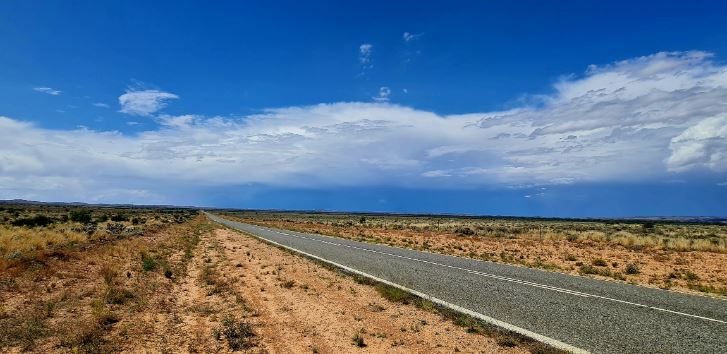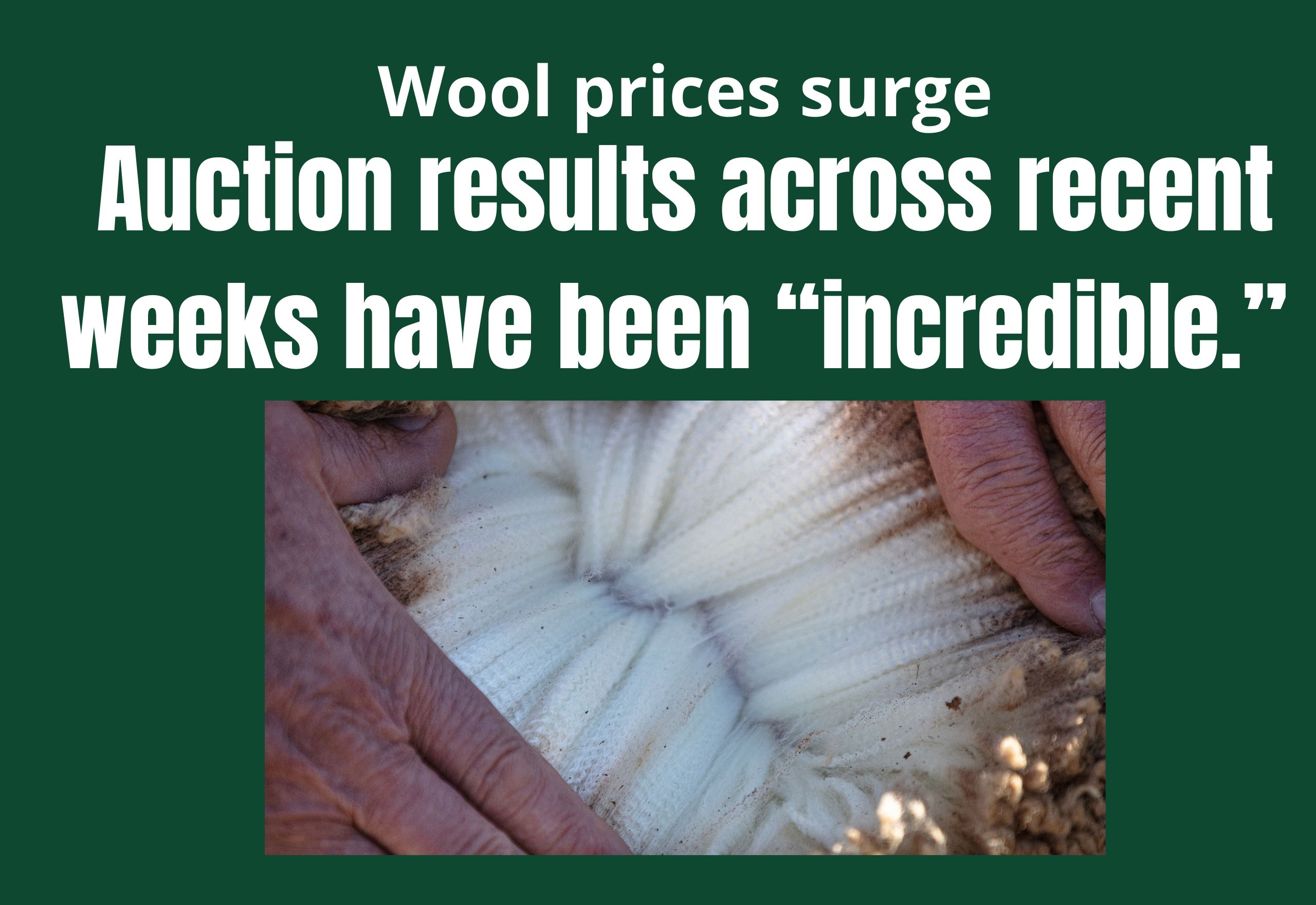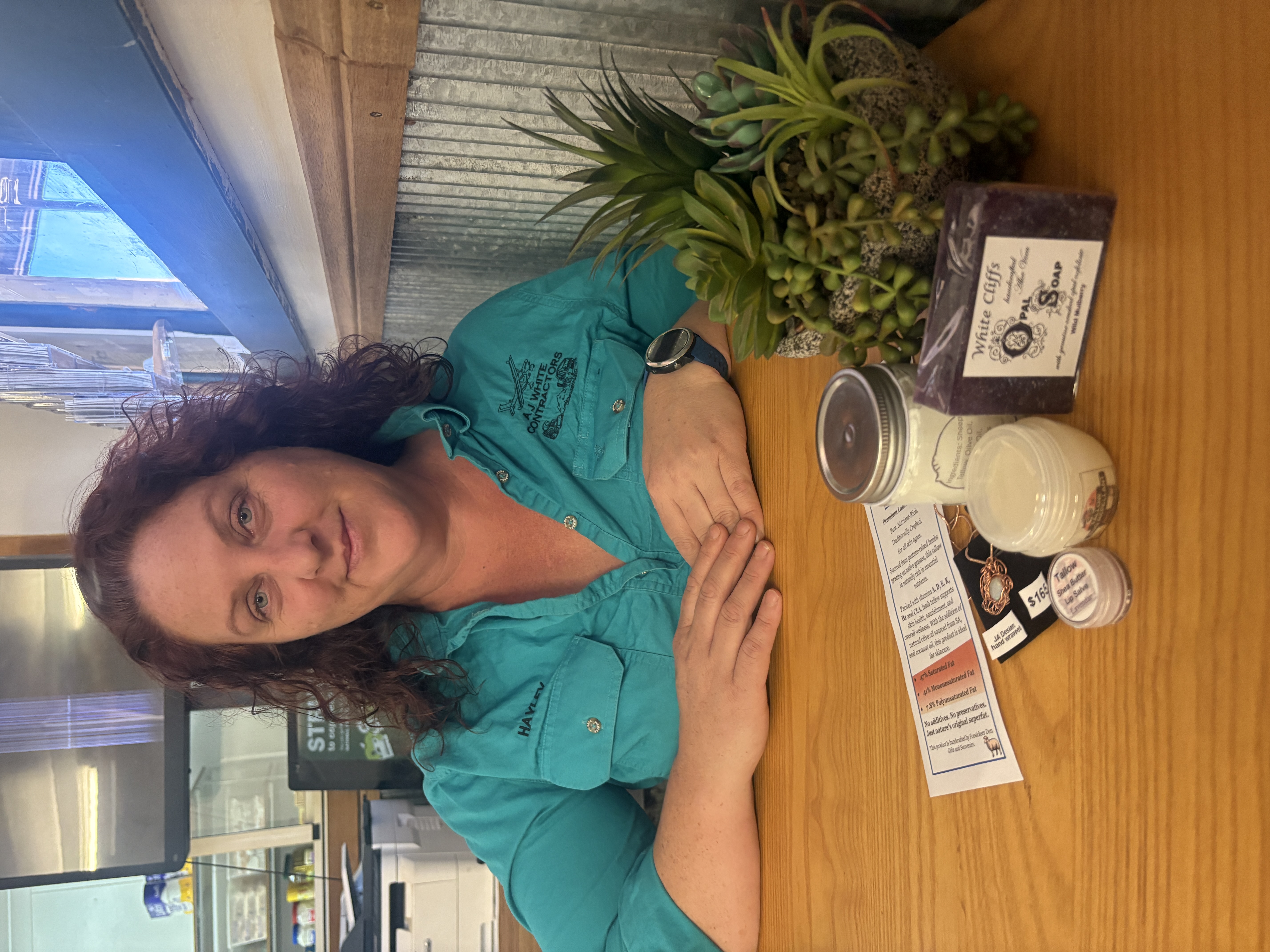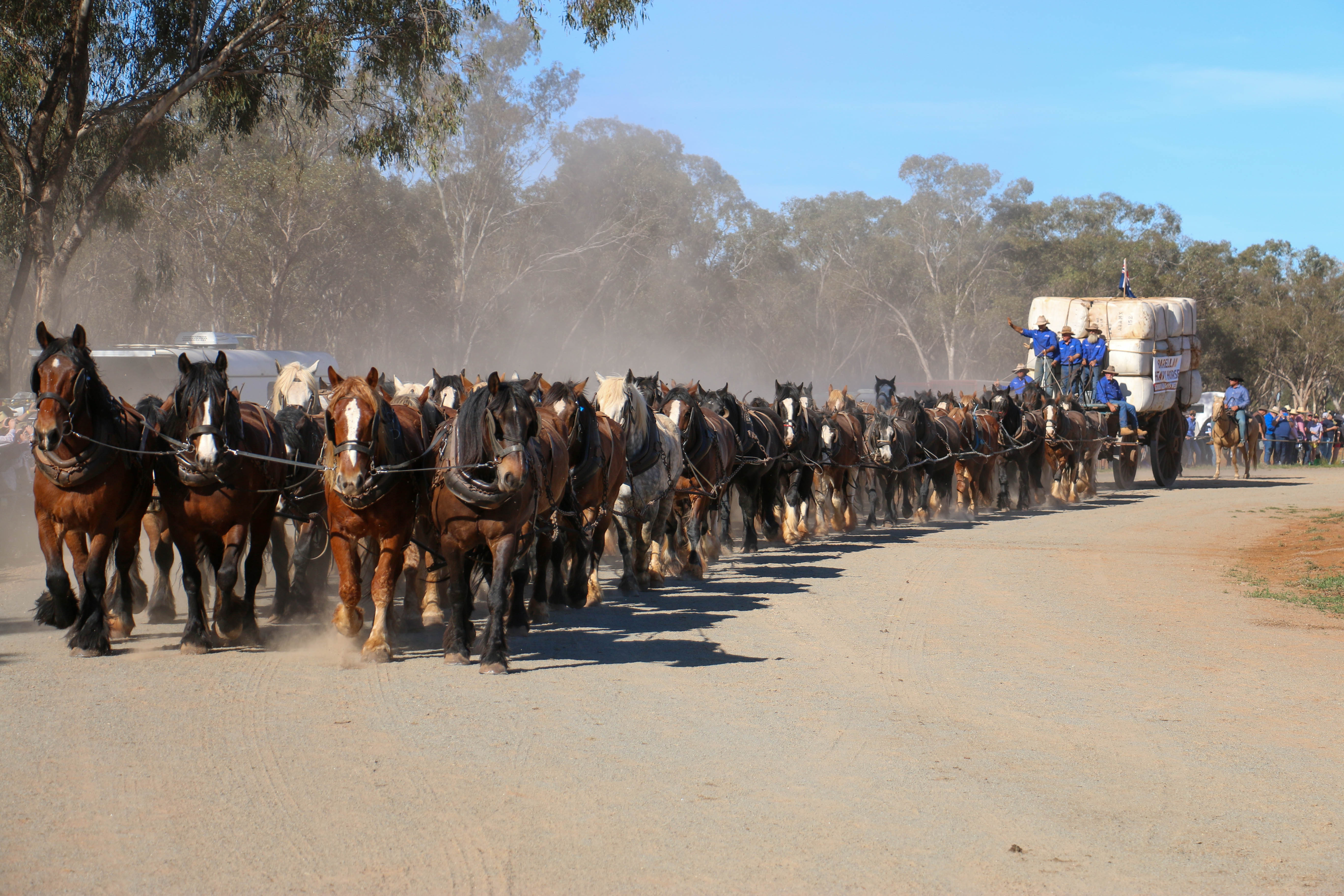Speed limit threat to Far West travel and industry: Local LGAs face deadline to fight 80/70km/h proposal
Krista Schade
23 October 2025, 7:00 PM
 Image: Pastoralists' Association of West Darling
Image: Pastoralists' Association of West DarlingA proposal to drastically reduce the default speed limits on regional roads is set to significantly impact travel times and economic activity across the vast local government areas of Hay, Balranald, Carrathool, and Central Darling, local industry advocates warn.
In Short
- The Federal Government is considering reducing the default speed limit on un-signposted regional sealed roads from $100\text{km/h}$ to $80\text{km/h}$, and introducing a $70\text{km/h}$ default for unsealed roads.
- Industry advocate PAWD warns the change is a "lazy" substitute for essential road maintenance funding and will severely increase travel times and create unacceptable animal welfare outcomes for livestock transport in the Far West.
- The public consultation deadline is 5pm, Monday, October 27th. Residents and businesses in Hay, Balranald, Carrathool, and Central Darling are urged to provide feedback.(Link below)
The Federal Government is currently considering a reduction of the default speed limit to 80km/h on sealed roads and introducing a speed limit of 70km/h on almost 860,000kms of unsealed roads across Australia.
The current default limit on un-signposted sealed regional roads is 100km/h, while unsealed roads have no specified national default under the Australian Road Rules.
The proposed changes are part of a broader national effort to meet road safety targets, including a 50% reduction in road fatalities by 2030. However, the sheer distances travelled by residents and freight operators in the Far West make the new limits a major point of contention.
PAWD Challenges Rationale for Far West Roads
PAWD (the Pastoralists' Association of West Darling), has been vocal in its opposition to the blanket speed reduction, arguing it fails to account for local conditions and severe economic consequences.
PAWD's key argument is that the flat, straight topography common to the region already provides a level of safety not seen elsewhere. They also caution that a simple speed reduction is a poor substitute for essential road maintenance funding.
Regarding the nature of local roads, PAWD states:
"PAWD acknowledges that there are some roads in regional Australia that probably should have their speed limit reviewed, but roads in far west NSW are generally flat, straight, smooth and lacking the roadside hazards typically found where climate, topography and vegetation present much greater challenges to road safety."
The association highlights the severe time and economic penalties for regional residents and primary producers who rely on these routes:
"Reducing speed limits across the board will capture roads where existing speed limits are appropriate, and travel times for regional residents travelling long distances will increase substantially."
The impact on the crucial livestock sector is also central to their submission:
"The long distance transportation of livestock should not be adversely impacted by inappropriately low speed limits. More time on trucks will reduce returns for producers and generate unacceptable animal welfare outcomes. Trucks delayed by speed limits may not make delivery curfews."
Despite its opposition to the speed limits, PAWD strongly supports other safety measures, including the enforcement of speed, seatbelt, alcohol, drug, mobile phone, and unroadworthy vehicle offences. The association’s current road recommendations include the installation of signage on bends with a crash history and widening the Tibooburra Road between Broken Hill and the Lawrence Engineering workshop.
Funding Cuts and Deadline Extension Sought
A major fear voiced by PAWD is that the Government will use the speed limit change to avoid necessary infrastructure investment, an issue critically important to LGAs like Central Darling and Carrathool with their extensive unsealed networks.
PAWD issued a strong warning against any cuts to existing maintenance budgets:
"There is a real risk that reducing speed limits will be used by Governments as a stalking horse to cut funding for road maintenance and repair in rural areas. The public road network in far west NSW cannot afford any cuts to an already tight budget. Indeed, there are critical safety issues that cannot be resolved by simply dropping the speed limit and PAWD will not accept failure to address these issues appropriately."
The public consultation process commenced on September 29th but only recently became widespread knowledge through media coverage. Due to the limited consultation window, PAWD has asked the office of Jamie Chaffey MP to advocate for an extension to the closing date.
Have Your Say
The deadline for public feedback is 5pm on Monday, October 27th. Local residents and businesses in Hay, Balranald, Carrathool, and Central Darling are encouraged to make their voices heard regarding the local impact of the proposed changes.
You can read more about the proposal and provide your feedback HERE
NEWS
RURAL





